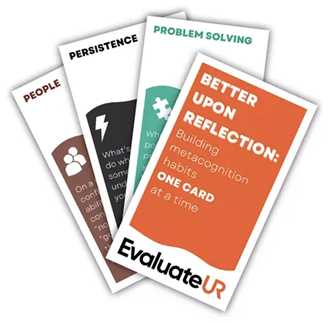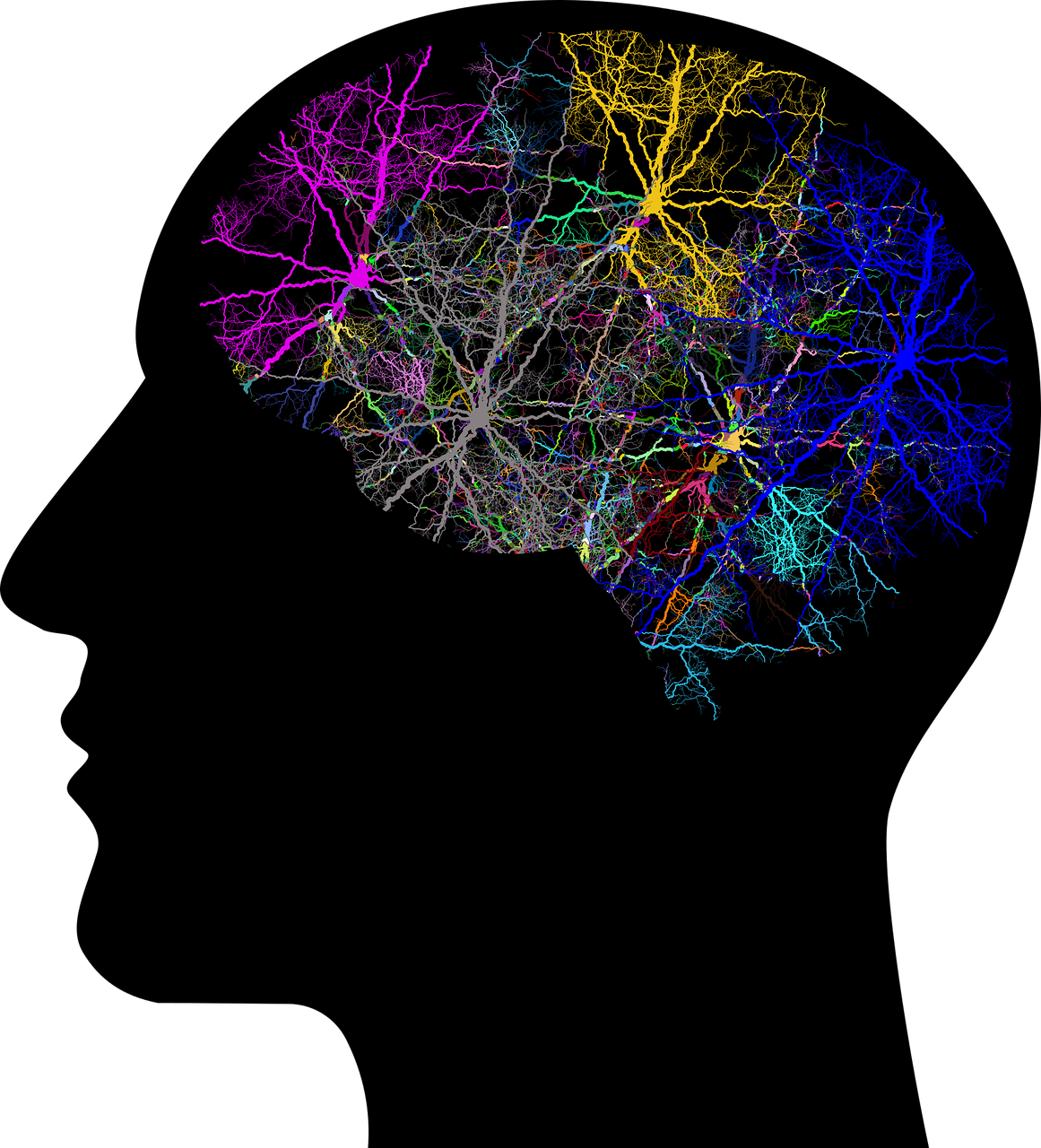| by Mary Hebert, Fairleigh Dickinson University |
Downloadable |
Description of Activity:
I teach a course in Metacognitive Strategies which focuses on the social and emotional components to academic success. These are referred to as ‘soft skills’ (emotional intelligence, interpersonal and intrapersonal awareness, emotional regulation, problem solving etc.) The course is presented to students who are members of the Regional Center at FDU who have been diagnosed with a language-based learning disability and or ADHD/ADD. Weekly journal reflections are completed based on a prompt that reflects a soft skill that is being addressed in the lecture. These journal entries serve as a means of enhancing metacognition and reflection of the material and focus on strategies of incorporating the skill into practice of academic performance.
An additional element involves a final project which requires the students to identify an individual they have admired for their successful accomplishment of some specific achievement. They are required to interview this individual and discover the soft skills associated with their accomplishment, not the ‘hard skills’ which are traditionally aligned with success (GPA, School Attended, Titles achieved etc). Furthermore, the student specifically is asked to assess their own soft skill set, including areas that are strengths and those to develop, and implement a plan of incorporating these into their academic goals and pursuits.
Further details of the activities can be found here.
Motivation and Context:
The class is designed to explore the ‘soft skills’, which include the social and emotional skills that are associated with academic success. The assignments are designed to provide tangible exercises that, when explored in a metacognitive manner and applied purposefully with a plan, can result in success and improve the academic and career course of an individual. The goal is improved self-regulation and critical thinking in regard to specific social and emotional skills that are highly correlated with academic success.
Nuts and Bolts:
The specific intent of this course and its assigned exercises is to weave an academic experience with the content of metacognition and soft skills that are connected to academic and career success. Specific topics addressed include emotional intelligence, personal responsibility, grit, self-motivation, interdependence, active listening, self-awareness, life-long learning, motivation, growth mindset, and goal setting. Students participate in discussion, reflection exercises, and the final project requiring them to take the knowledge of soft skills presented in class, think critically and analyze these topics, and implement them by carrying out an interview and create a presentation. The final project of interview and presentation is a culmination of analyzing a ‘story of success’ that from a distance may have looked easily attained for the interviewee. The task is for the student to discover through inquiry about soft skills, how in fact these played a critical role in the successful outcome for the interviewee. The students acquire insight into the ‘reality’ of the achievement, reflect on the soft skills they have developed and ones that they would benefit from developing further. A key feature is working on the plans of implementation which demonstrates improved critical thinking and capacity for self-regulation of good decision making and goal attainment.
The result is metacognitive ‘boot camp’ in regard to the less frequented content in the classroom that are key to academic effectiveness. Metacognition has been associated with improved critical thinking skills (Magno, 2010). Students are given knowledge about soft skills, asked to discuss through oral and written means of reflection, and then take it a step further and asked to apply the concepts to their own academic tasks throughout the semester. This sequence of knowledge acquisition, analysis, and application are the nuts and bolts of weaving the material together.
Outcomes:
The highly interactive nature of the course forces the contemplation necessary for students to adopt a more metacognitive approach to learning and their goals beyond the classroom. Critical thinking and self -regulation related to the connection between soft skill development and their academic and learning capacity is improved. As a counselor within the program that serves the students, I meet with each student individually one time per week during their freshmen year. I have observed that students begin to synthesize the course material with their academic functioning and improve their approach to matters related to their courses, studying, and academic goals. Many students begin to consider options to their approach in regard to their broader education and learning environment.
The culminating final project results in enhanced awareness of the interdependent nature of soft skills and hard skills for overall success in learning and career effectiveness. Presentations have been extraordinarily diverse with students choosing political figures, doctors, artists, students, business people, professors, peers, parents, coaches etc. Each year the series of presentations showcases the synthesis of soft skills and how growing awareness and purposeful use of these optimizes success academically as well as in career endeavors. Students demonstrate through their writing and oral reflection of their own use of soft skills, goals of further developing targeted soft skills during college to assist them in achieving academic success as well as future career success.
Lessons Learned and Future Directions:
The literature is clear in support of the importance of soft skills both in the classroom and in life. While some time during the course is spent connecting the material to career endeavors, future directions might include more of this element. In addition, it would be worthy to have a ‘maintenance program’ that extends beyond the time of the course, so that as the freshmen students progress, they are provided with opportunities to review and integrate the soft skill concepts throughout their remaining years of their college experience.
As a higher order thinking strategy, metacognition offers the opportunity to enhance and tap into the potential of the brain power within each student. Greater flexibility and awareness in thinking is the outcome and the continued goal of this form of application of metacognition.
Reference
Magno, C. Metacognition Learning (2010) 5: 137. doi:10.1007/s11409-010-9054-4



